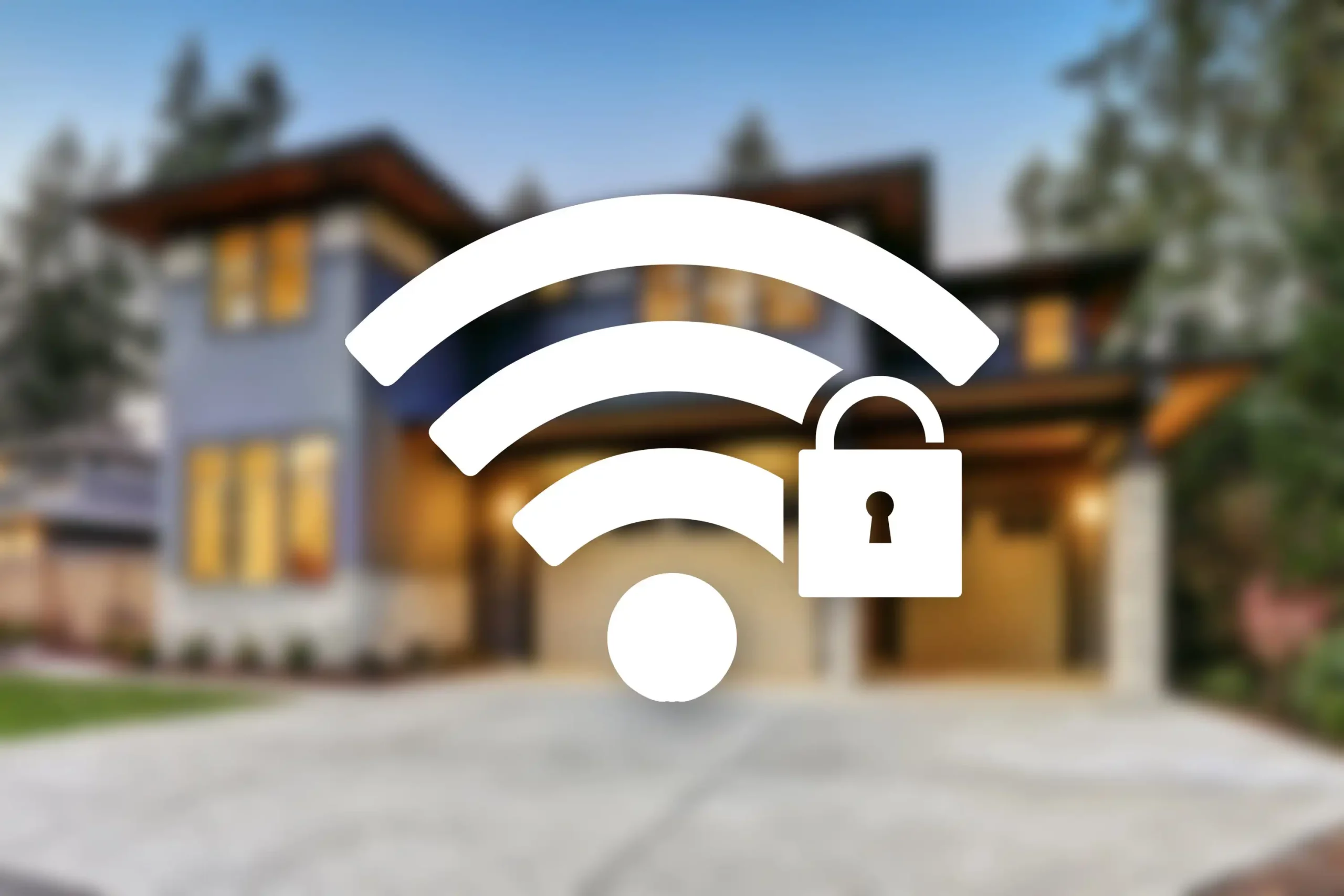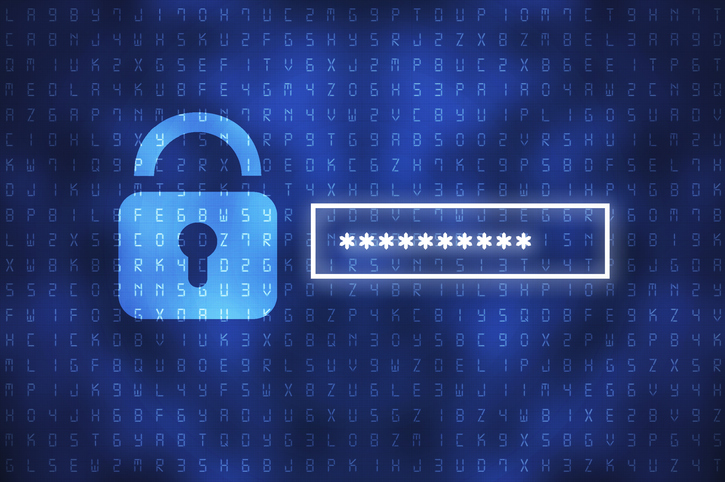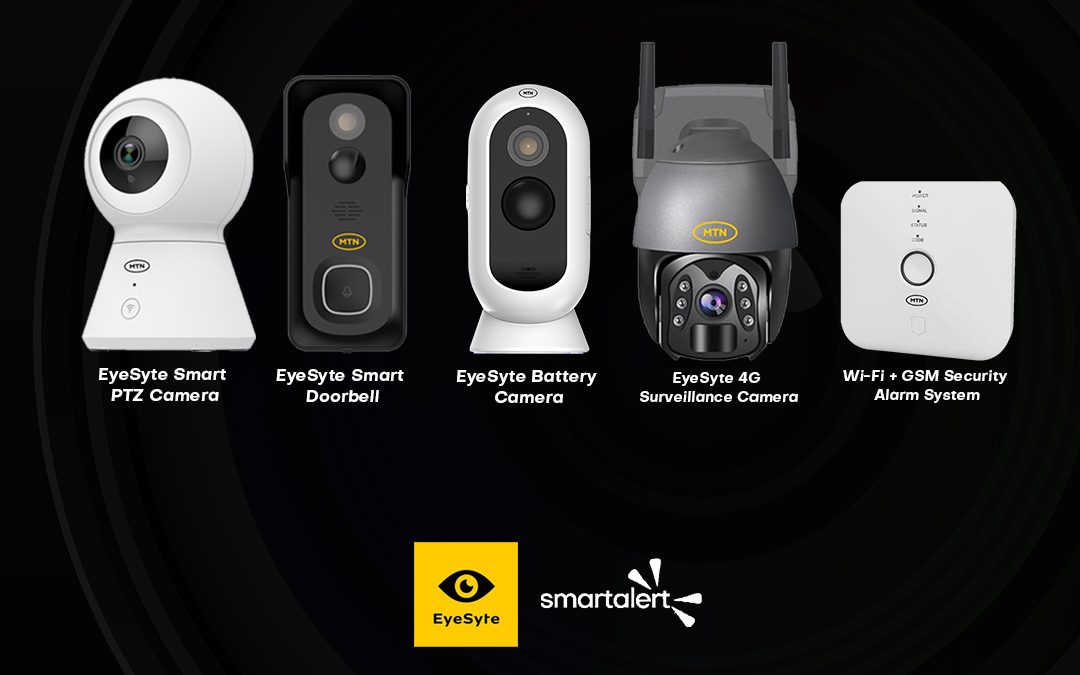Because your smart security devices require internet connectivity to function, they are vulnerable to cyberattacks. Smart security devices require connection to your Wi-Fi router to function. Your smart security devices are also connected to other smart devices such as smart hubs, mobile phones and tablets which are also vulnerable to cybersecurity threats. It is paramount that the Wi-Fi router and other devices connected to your smart devices are well protected from potential cybersecurity threats. Criminal hackers gain unauthorized access to networks and devices to steal sensitive data, including financial information, company secrets, and compromise your security system.
Here are ways to protect your smart security devices against cyberattacks.
Keep Software or Firmware Updated

You should regularly update your smart security system. This can help protect against security vulnerabilities and other bugs. Your smart security device software may need to be updated to add new features or fix security flaws found by the manufacturer. Always accept any updates a device requests, and if possible, enable automatic updates. The more frequently the devices update, the more the security is enhanced.
Secure Your Wi-Fi Router

Routers don’t usually come with the highest security settings enabled. When you set up your network, log in to the router and choose a password using a secure, encrypted setup. This prevents intruders from infiltrating your network and messing with your settings. In addition, installing a virtual private network (VPN) on your router is an excellent way to secure your router and protect your smart security devices from cyberattacks. A VPN will make it harder for malicious actors to access or intercept your data by ensuring that any data sent to or from your smart security device is encrypted and protected against cyberattacks. Other than that, use strong passwords and multi-factor authentication to secure your router further.
Use complex passwords to prevent network intrusions

Using strong passwords is a crucial way to prevent network intrusions. The more secure your passwords are, the harder it is for hackers to invade your smart security system. Secure passwords are usually longer and more complex. Use a password with at least eight characters and a combination of numbers, uppercase and lowercase letters, and computer symbols. Hackers have tools that can easily break short, easy passwords in minutes.
Don’t use recognizable words or combinations representing birthdays or other information hackers can connect to you. Don’t reuse passwords, either. If you have too many passwords to remember, consider using a password manager, such as Dashlane, Sticky Password, LastPass, or Password Boss.
Other ways you can protect your smart security devices from cyberattacks include turning off Bluetooth of mobile phones while not in use. Be mindful of the Wi-Fi networks you connect to. When setting up your smart security system ensure that you use a secure network from a reputable internet service provider (ISP).
Looking for smart devices to bolster your home or office security? We can help you find the best solution that meets your needs. Check out our smart security devices here. Alternatively, you can speak to us via email or call +234 706 993 7577 now! We’ll sure be glad to help!

